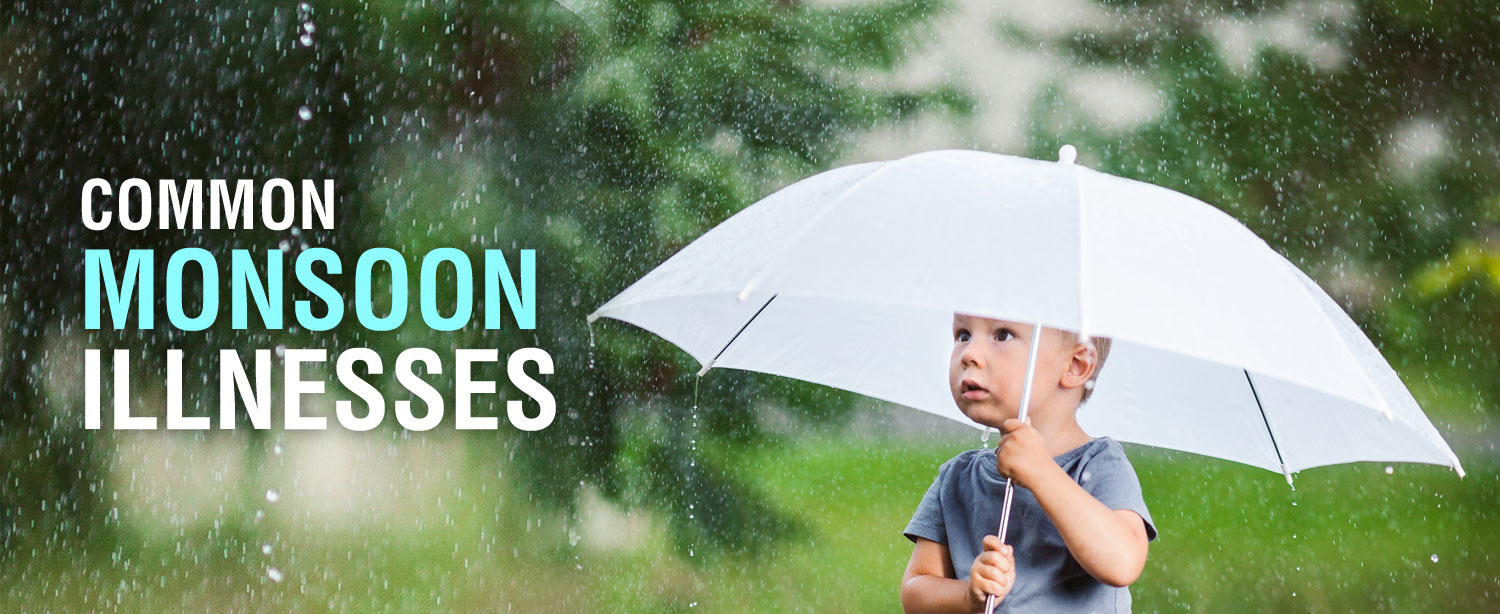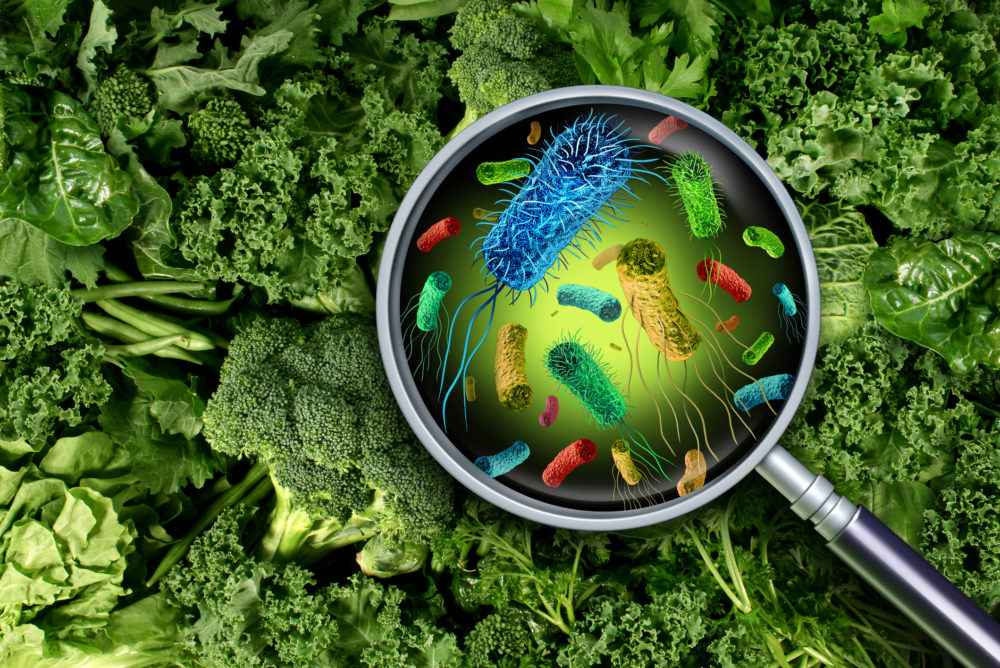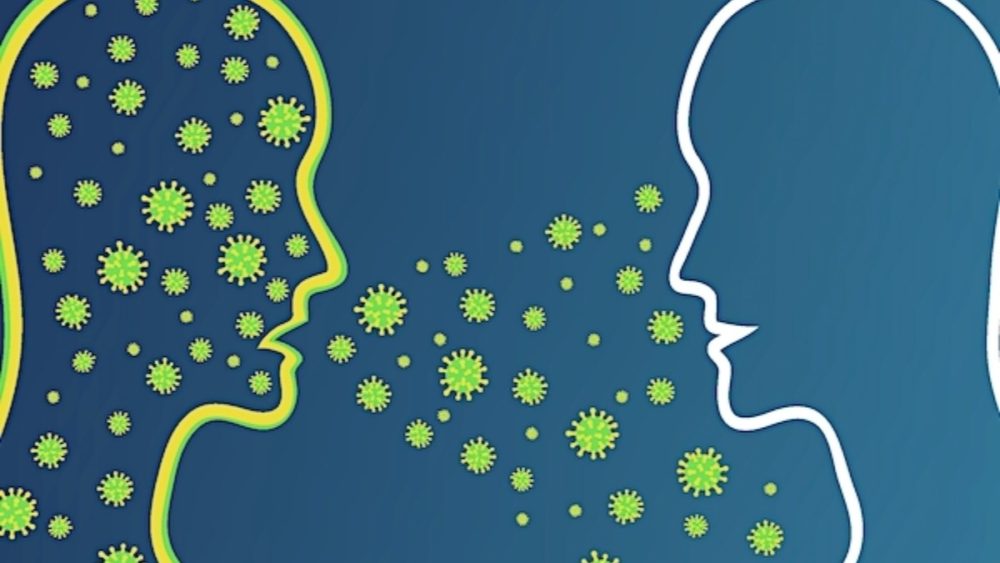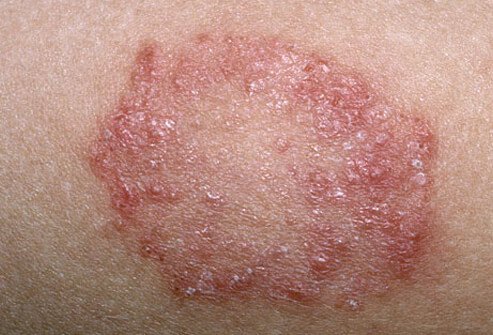Children
Keep Children Safe from Common Monsoon Illnesses

Monsoon, one of the most awaited seasons after a spell of the hot summer, brings with it its own share of health issues that parents have to keep an eye out for.
The sudden drop in temperature and increased levels of humidity and the stagnant water after the rains cause an increase in air, water and mosquito borne illnesses which affect children of all ages. Hence, it is important to make your homes ready for the season and get the right gear for your child to enjoy the monsoon.
How can we achieve this? How can we protect our children from seasonal ailments?
Monsoon related illnesses and symptoms
Mosquito-borne diseases

Dengue, chikungunya and malaria are very common during the monsoon season. Whilst Dengue and Chikungunya are both viral infections, malaria is a parasitic infection. All of these are caused by mosquito bites. These mosquitoes thrive in stagnant water.
These infections cause high grade fever which is usually associated with generalised body pains or joint aches, rash, vomiting and tummy pain. The high-grade fever and vomiting leads to a high risk of dehydration.
Prevention of mosquito breeding and then mosquito bites is the only way to protect yourself and your little one from these infections.
- Make sure that there is no stagnant water in and around your house. Clear up all drains to stop water from collecting.
- Ensure all pots and plants have adequate drainage to prevent water clogging in them.
- Some plants like citronella kept in your balcony or windowsill will help deter mosquitoes
- Mosquito patches on the stroller or the clothing of little babies will help prevent bites.
- Natural mosquito repellent sprays and roll on may also help little ones when stepping out.
- Sleeping under a mosquito net is also a helpful preventer.
- Dress your child in long-sleeved light-coloured clothing and trousers/ leggings to protect from bites.
- Avoid going out at dusk when mosquitoes are most active.
Food and water borne diseases

Eating contaminated food or drinking contaminated water are the two common causes for a host of viral and bacterial infections like Typhoid, Cholera, Hepatitis A, Acute gastroenteritis and worm infestation.
Typhoid is a bacterial infection caused by Salmonella typhi. It presents with fever and sometimes symptoms of a tummy upset along with a headache and joint pains.
Many other viruses and bacteria may cause vomiting and diarrhoea sometimes with blood in the stools, a condition called Acute gastroenteritis.
Hepatitis A is a viral infection which affects the liver and leads to vomiting and jaundice (yellow discolouration of the eyes and skin) accompanied by fever.
Worm infestations could present with change in appetite, teeth grinding and itching around the anus.
These food and water borne diseases can cause dehydration in toddlers and children. Preventing these infections involves:
- Good hand hygiene: wash hands well before eating and after using the toilet.
- Wash all fruits and vegetables thoroughly before storing them away preferably in a water and vinegar solution.
- Ensure all drinking water is boiled and cooled prior to consumption.
- Deworm your child as per the recommendation of your Paediatrician.
- Ensure all non-vegetarian food is thoroughly cooked.
- Avoid street foods.
- Ensure food is covered at all times.
- Vaccinate your child against the vaccine-preventable water/food borne illnesses.
Air-borne diseases

Pathogens can be transmitted through the air causing infections. Common cold and flu (influenza)are two of the air borne illnesses that are seen in the monsoon. They are caused by viruses and can spread rapidly throughout the monsoon season.
Children can experience fatigue, fever and body ache along with cough, blocked or runny nose and this can generally last for about a week. Majority of children experience mild symptoms and recover without much intervention. However, in some it may lead to severe infections at times requiring hospitalisation.
For little babies and toddlers even a mild cold or blocked nose could be quite distressing leading to disturbed sleep and poor appetite.
Prevention of airborne infections can be tricky but these may help:
- Stay up to date with your flu jab.
- The current mask mandate helps in controlling the spread of air borne diseases.
- When sneezing or coughing do so in a tissue and discard it and then wash your hands immediately.
- Use a disinfectant to clean all surfaces where fomites from coughs and sneezes may fall.
- Keep your Vitamin C levels up by consuming oranges, sweet lime, lime, broccoli, kiwi, spinach, tomatoes etc.
- Keep your house well ventilated.
Skin diseases

The wet and damp monsoon weather also gives the perfect opportunity for fungal infections and parasitic infections of the skin. Skin infections can present as a rash which is generally itchy and can cause significant discomfort.
Scabies is a skin disease caused by parasites thriving in folds of skin, under arm pits, elbows or the scalp. It is contagious and can spread from person to person especially when proper personal hygiene cannot be maintained.
Fungal infections like ringworm and athlete’s foot can occur due to moisture trapped in clothing or wet footwear. In addition to infections, the humid weather may also cause flare up of eczema (atopicdermatitis) To prevent these:
- Keep your house well ventilated.
- Allow all clothes to dry properly prior to storing them away or using them.
- Change wet clothes immediately.
- Use open toe footwear.
- Do not share towels.
- Dress your child in airy cotton clothing and avoid thick clothes.
- Moisturise well using an emollient.
Tips to protect children from monsoon ailments
Clean and dry homes
Check different parts of your living area for dampness, growth of mould or fungus which can contribute to breathing troubles or even asthma in children.
Keeping your home clean and dry is also crucial to avoid attracting insects. Remove dirty and damp footwear before entering your home. Try to mix in safe disinfectant cleaning products whenever possible when cleaning the floors of your home.
No mosquitoes
Scan for water stagnant areas around the house and make sure there aren’t any, as these can be the potential breeding home for mosquitoes and other insects. Prune plants in your garden and keep drains clear to prevent water logging. Use natural insect repellents, nets and window meshes to keep the insects at check.
The right clothes
A typical day during the monsoon season could start as a bright sunny day followed by bursts of light or heavy showers and sometimes thunderstorms when it may be quite windy quickly changing to a time when it is warm and humid.
The right clothing is important. Dress your child in completely dry warm and airy clothes and layer them as needed. Make sure they are dressed in waterproof clothes when they are out in the rain: a raincoat and waterproof boots.
Ensure they are dried off immediately on getting back in and wash their feet well. Change diapers for your toddler regularly to avoid rashes.
Healthy diet
A healthy balanced diet is important for strong immune systems. Fresh fruits, vegetables, whole grains, nuts all contribute to a balanced diet by providing all the macro and micronutrients to your child. Avoid eating out as the risk of food borne illnesses is high during the season and ensure all water is boiled and cooled prior to drinking. Keep the little ones hydrated with warm soups, water and plenty of other fluids.
When to see the doctor
Common illnesses during monsoon season, if not treated at the right time, may lead to more complications like pneumonia or severe dengue infections. Parent should seek medical attention if the child is experiencing any of the following:
High or persistent fever, extreme fatigue, persistent vomiting, loss of appetite, severe abdominal pain, decreased, irregular bowel movements, decreased urine frequency.
Avoid visiting crowded places with children as much as possible to prevent catching contagious viral infections. Also, make sure your child’s vaccination is up to date, so that your child can enjoy the rains while you stay stress-free.
Preparing yourself for a paediatrician’s appointment
Before you visit the doctor, here are some of the helpful tips to remember:
● Make a note of your concerns, and bring it with, so you can discuss it with the doctor.
● Record all symptoms that your child is experiencing, they are all important.
● Bring a list of medications and your child’s immunization record.
By Dr. Suruchi Goyal Agarwal, Consultant Paediatrician and Endocrinologist Columbia Asia Hospital, Whitefield (A unit of Manipal Hospitals)





























